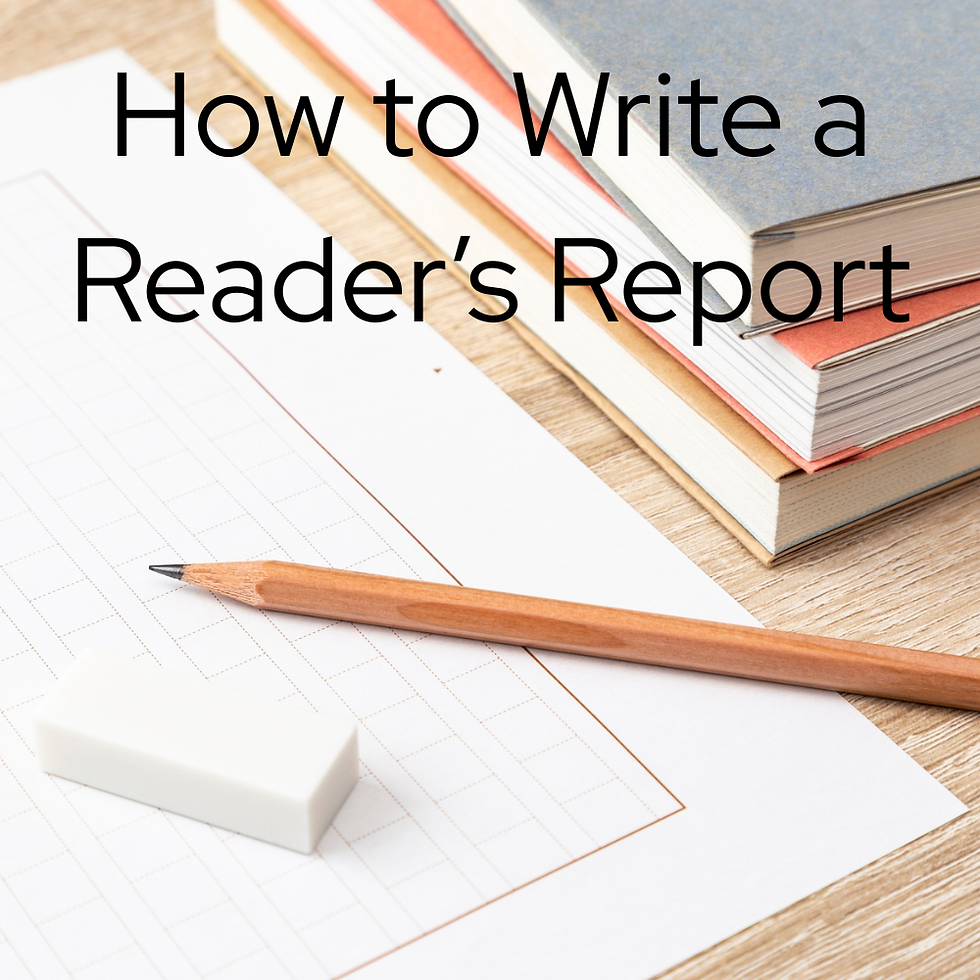Tips on Revising Your Poetry
- Kayla Andry

- Dec 10, 2019
- 3 min read
Updated: Sep 8, 2022

Throughout all of my writing life, I could never wrap my head around writing poetry. I’d been taught how to write sonnets, haikus, cinquains and other forms of verse. But I always found it too restrictive, too rote, too routine. Wasn’t poetry supposed to be pure emotion, without planning or in-depth contemplation? Wasn’t it supposed to be a free flowing expression of thought?
My thinking changed when I took a poetry workshop during my second year of college. My professor’s tastes leaned towards free verse and experimentation, similar to the way I wrote. However, she taught me a lot of things about poetry—including how to maintain my style and harness those pure emotions into something more effective. I still incorporate some of the techniques I learned from her. They have helped me to refine my poetry, and ultimately, bring it closer to what I envision it to be. Here are some of those tips.
1. Write it down on paper.
One of the most simple—but effective and seemingly obvious—tips I was given is to write your poem down on paper. It had never occurred to me that there would be a difference between typing out your words in your favorite word processing program and writing it on lined paper. However, after I tried it, I realized why. I felt more of a connection to the words, more of an understanding of their importance. It prevented me from scribbling down everything that popped in my head, and to think more intentionally about the images and words of my poem. In the end, what I produced was much closer to capturing the feeling my imagined vision for the poem, and made revising later a much less painful process.
2. Treat your initial attempt as a first draft.
Another simple tip is to treat the first attempt at writing like a first attempt. A poem can be endlessly revisited, rewritten, and restructured. Maybe your vision changes over time; maybe you think of a great image or word or phrase that you think fits well weeks or months after you’ve first written the poem. That’s okay. You can go back and change around the words and play with the sounds. A poem can be as finished or unfinished as you want it to be. Everything is a work in progress. You’re not confined to one singular version of your work. Give yourself permission to experiment.
3. Read it aloud.
When you’re revising your poem, it can seem hard to understand what you need to fix. One of the most surefire ways to effectively revise is to read aloud. Read intentionally, paying close attention to line breaks, word choice, and the general sound and texture of the poem. Does something seem awkward? Is there something off about the flow? Is it not capturing the mood or emotion you want? Edit it. Delete it. Move it around. Do what you need to do to get the poem closer to what you are trying to say or capture. Poetry is all about sound and rhythm, and is meant to be read aloud. Reading aloud can help to expose what otherwise may remain concealed if only read silently.
4. Break it down to the essentials.
In re-reading and revising my poems, I like to ask myself what’s necessary. One way to figure this out is to pare down the language. For example, one thing I look out for are filler words such as “that,” or “because.” These are words that usually do not add anything significant to the line, and otherwise detract from it. I also think about the preciseness of my imagery and words. Ask yourself: does this phrase or image evoke something? Does it help communicate the tone or feeling I want it to communicate? Or does it get in the way of it? Paying attention to these things are great ways to produce a more effective poem.
5. Don’t doubt yourself.
Sometimes when I’m writing, I want to give it up. I think there’s nothing new to add. Everything’s already been said. How can I possibly measure up to the poetry greats?
However, I try to keep in mind I may be writing about something that’s been written about for centuries—but it hasn’t been written about from my perspective. You have something unique to say. Don’t forget about it!
As one of the poetry greats, Sylvia Plath, said: “And by the way, everything in life is writable about if you have the outgoing guts to do it, and the imagination to improvise. The worst enemy to creativity is self-doubt.”
About the author: My name is Kayla Andry and I’m currently a senior at the University of California, Los Angeles. In addition to being an English major, I’m a movie lover, bookworm, and occasional poet.
.png)



Comments